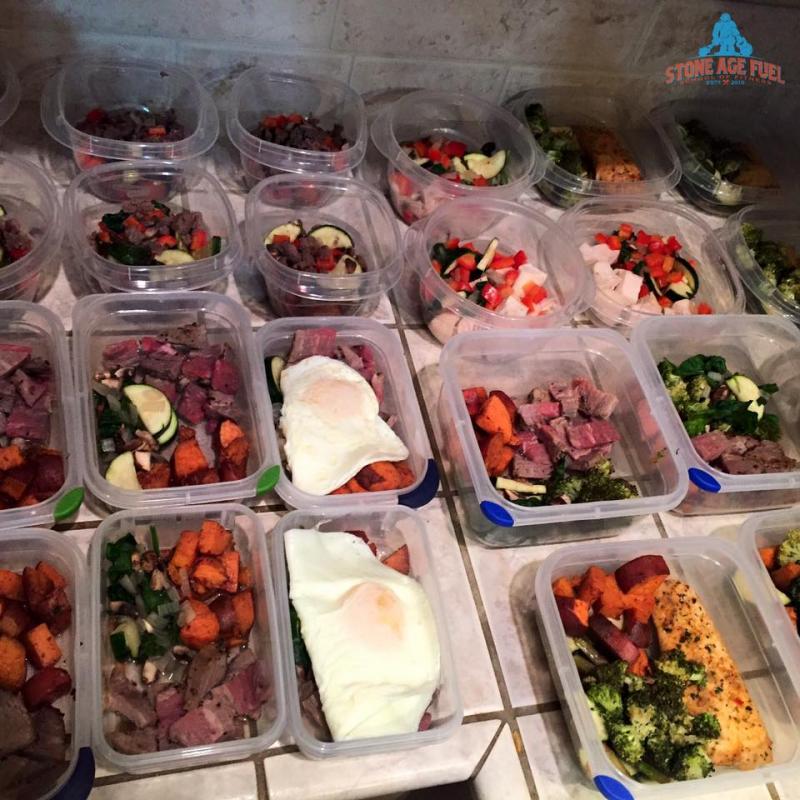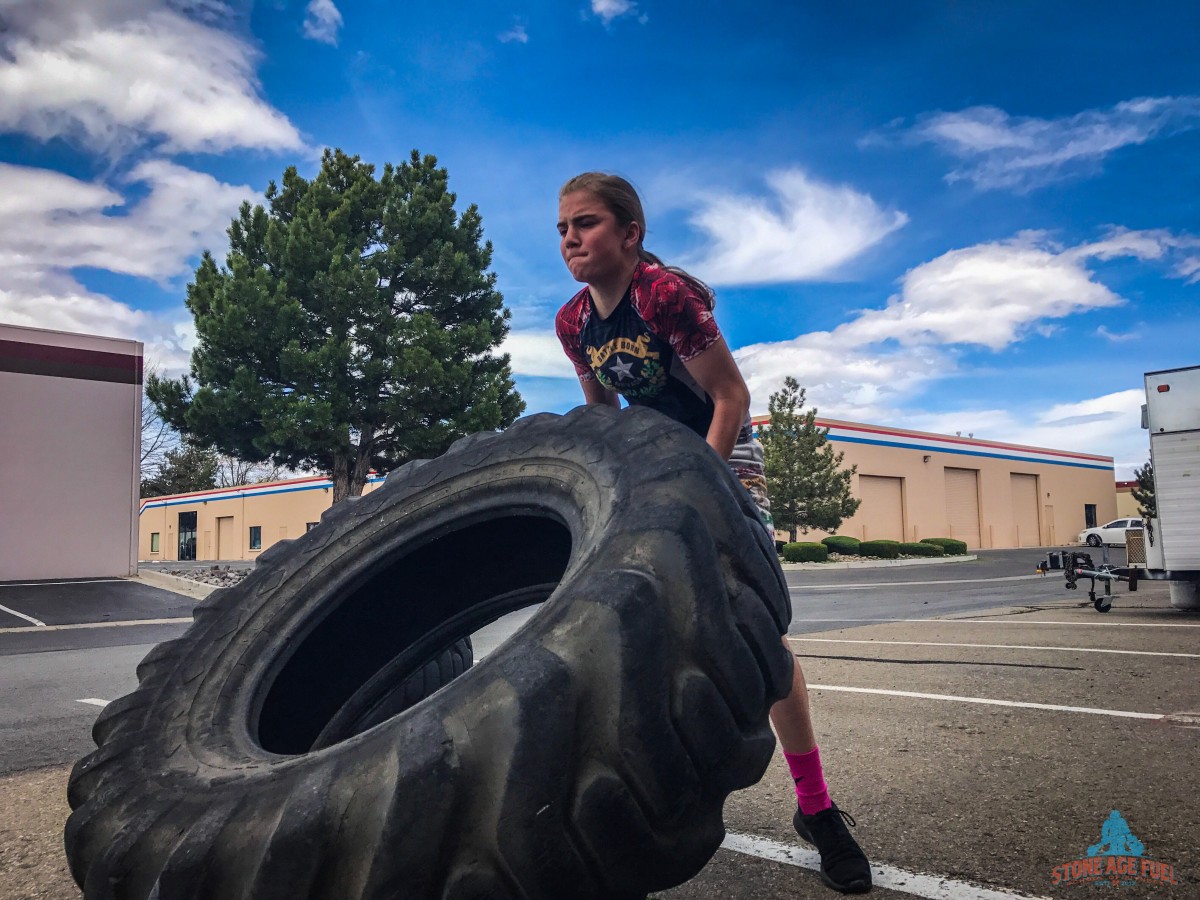Why Is Changing My Diet So Difficult?
One of the absolute hardest things as a coach is getting our clients to change their diets. For whatever reason—lack of time time, motivation, willpower, or a massive sugar-addiction—it’s much easier for people to commit to a gym routine than it is for them to stop eating processed foods, or to break their overeating habit.
I’m not suggesting there’s a magic-bullet solution; we believe in different strokes for different folks, but here is some FOOD for thought—and various options and resources—if you’re struggling to change your diet. Hopefully one will resonate with you.
4. Precision Nutrition
Precision Nutrition’s idea of changing one habit at time really resonates with us. Check out their website here: http://www.precisionnutrition.com/one-habit. The idea here is not to overwhelm a person with grandiose and sudden changes in their lives; instead, long-term success comes from focusing on changing one small habit at a time.
Precision Nutrition offers a 12-month personal nutrition and exercise coaching program—habit-based coaching—that focuses on LESS TO HELP YOU ACHIEVE MORE. In a nutshell, the changes they suggest looks like this
- Choose one habit/task per month (It could be something like not letting yourself drink alcohol during the week, or not letting yourself have seconds at dinner). It’s important to choose an easy goal at the start, and it’s important the goal is measurable.
- Write down your plan, which will clearly state what your goal is each day and each week.
- Announce your goal publicly: The more people you tell, the more you will be held accountable.
- Keep track and report your progress.
3. The WholeLife Challenge
Check out their website here: https://www.wholelifechallenge.com
Many gyms have embraced, and have had great success, with The WholeLife Challenge. Three things we like about the WLC:
- TEAM ENVIRONMENT: The WholeLife Challenge can be turned into a team competition. Having teammates to lean on, who are going through the same thing as you are—as well as having support and people to hold you accountable—really resonates with many WholeLife Challengers, who have had great success improving their diet and body composition.
- MORE THAN NUTRITION: When you sign up for the WLC, you will be asked to track not just your diet, but also things like your hydration, fitness, mobility and sleep. The idea is this challenge is meant to improve your entire lifestyle, not just your body composition.
- VARIOUS LEVELS Not everyone is looking to follow the same diet, and not everyone is ready to eliminate everything all at once. The WLC offer various levels, so to speak, that allow you to choose how extreme you want to be with your changes.
2. Develop a healthy relationship with food
One of the best pieces of advice I’ve ever received about nutrition is from a Registered Dietician and professor at the University of Western Ontario Jennifer Broxterman—also the owner of NutritionRx (http://www.nutritionrx.ca). She reiterated the importance of developing a healthy relationship with food.
What does this mean?
“If you’re questioning whether you have a good relationship with food, think about your relationship with water. You drink water throughout the day, but there’s no pressure about how much to drink or when to drink. You drink when you’re thirsty,” Broxterman said. “Most people have a natural relationship with water.”
She added: “If you’re thinking about food every 5 minutes, if it’s always on your mind, and you’ve lost that natural ability to listen to your body, then you probably don’t have a healthy relationship with food.”
One way to help become healthier is to stop labelling foods as good foods and bad foods, and to stop beating yourself up when you mess up, she explained.
“One of the things I often tell people is it’s a lot like brushing your teeth. Everyone has forgotten to brush their teeth here or there, but you normally don’t beat yourself up about it. Not brushing your teeth once doesn’t lead to a spiral effect of not brushing your teeth for a week. But that often happens with food. Someone ‘cheats,’ and then this spirals into a week of bad eating,” she said.
While Broxterman believes it’s important to eat whole, unprocessed foods most of the time, she believes it’s equally as important to indulge guilt-free here and there. The guilt-free part is the key, she said.
It’s the wanting what you can’t have philosophy, she explained. Preventing yourself from ever having a cheat meal will only lead to obsessing about all the food you can’t eat more than you should. The point is, if you mess up, forget about it and move on.
1. Nutrition Coaching with your Coach for Life at StoneAgeFuel!
If you’re the type who needs one-on-one in-person coaching and someone to hold you accountable, then maybe it’s worth considering working with one of our Coaches for Life.
Our fundamentals course includes our 30 day Get Fit For Life nutritional guide with a meal plan and recipes personalized to you and your goals.
When you join you’ll be given a coach for life who will talk about your goals and what you’re currently doing and eating. From there you will work with your coach for life to create a personalized plan of action following our Get Fit For Life healthy eating guide!
You new coach for life is there to hold you accountable, talk with you about how things are going and make sure that you stay on the right track!
Recent Posts







